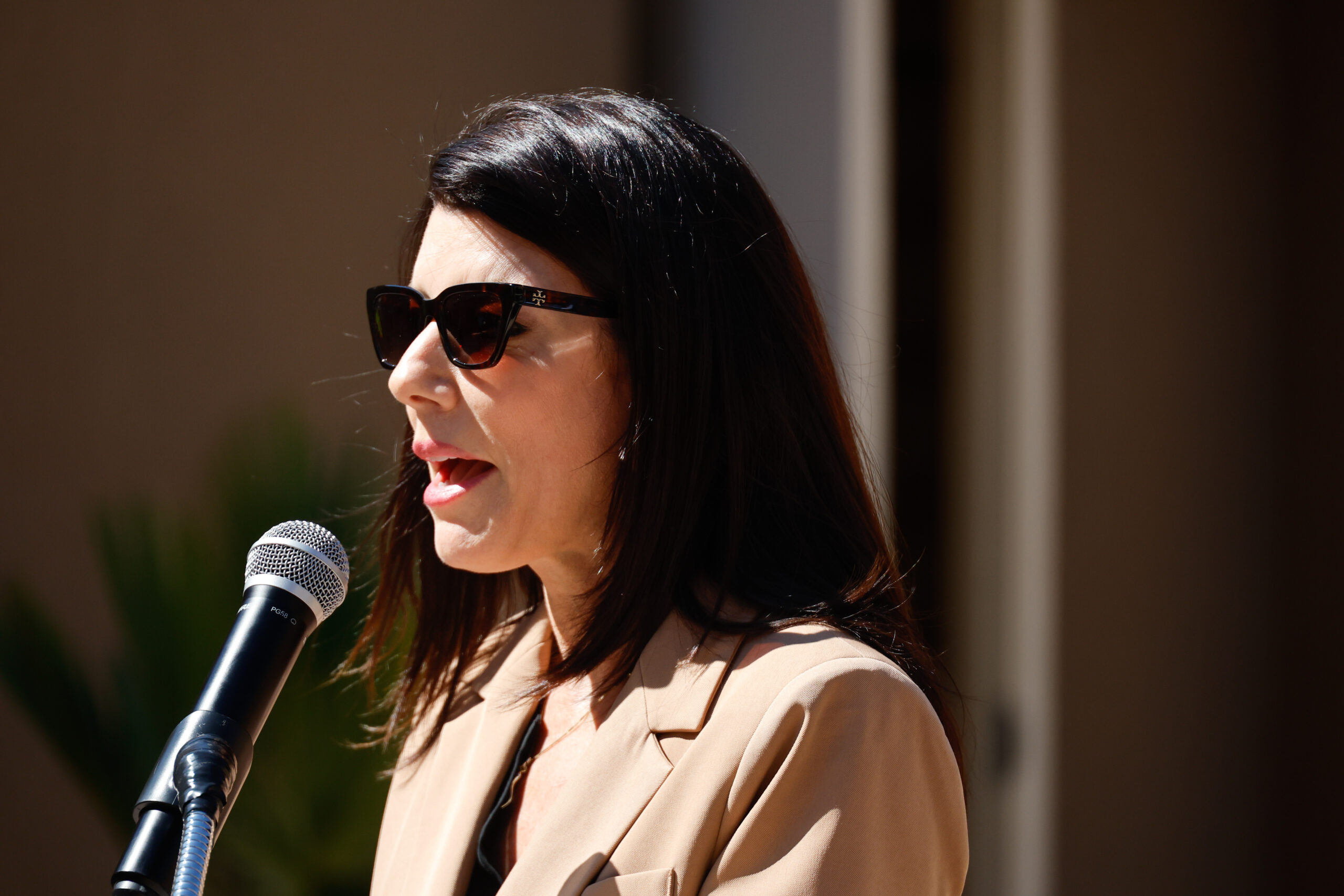A San Francisco supervisor is calling for an audit of the city’s largest addiction treatment nonprofit after word leaked that a staffing shortage forced the organization’s detox program to pause intakes last week.
HealthRight 360 temporarily paused intakes to its withdrawal management program due to a reported Covid outbreak on Thursday, infuriating Supervisor Catherine Stefani, who called for an immediate audit at Tuesday’s Board of Supervisors meeting.
Stefani asked the San Francisco Controller’s Office to investigate HealthRight 360’s ability to adequately staff its withdrawal management program, which has 48 beds funded through a $37 million-a-year city contract.
HealthRight 360 is the largest drug treatment provider in San Francisco and is slated to receive more than $200 million from the city this fiscal year, according to a city database.
“This is not to cast aspersions on anyone, but I am truly concerned that we are paying for a service that they’re not able to provide,” Stefani said at Tuesday’s hearing.
Withdrawal management programs, otherwise known as drug detoxes, are often the first step for people trying to recover from addiction.
HealthRight 360 took over several contracts for two conjoined nonprofits called Baker Places and Positive Resource Center, which both fell into fiscal disarray last year and asked the city for two consecutive multimillion-dollar bailouts. The fallout of the organizations shed light on City Hall’s reliance on nonprofits to address its most pressing crises.
Stefani said she hopes the audit will serve as a preventative measure to ensure that a similar fate doesn’t befall HealthRight 360.
At least three HealthRight 360 workers took Aug. 31 off to open a pop-up safe consumption site in the Tenderloin. A spokesperson for the nonprofit denied that staff participation at the site contributed to the staffing shortage at the detox facility. They said nobody at the site was certified to perform intake to drug detox.
“Every staff member possessing the required credentials was either positive with COVID-19 or had pre-scheduled time off,” the organization’s statement read.
The rogue safe-consumption site was an act of civil disobedience, as Supervisor Hillary Ronen called it, intended to draw attention to the need for overdose prevention sites in the city. Over a three-hour span, volunteers at the pop-up site—which consisted of two tents and a table offering harm-reduction supplies—said they reversed two overdoses.
“This isn’t nefarious: all we’re trying to do is make sure nobody dies,” Ronen, who visited the site, said at Tuesday’s hearing, where she introduced a resolution urging fellow supervisors to commit to opening safe-consumption sites.
The city operated a safe-consumption site called the Tenderloin Center, which HealthRight 360 helped staff, for roughly 11 months last year and reversed 333 overdoses.
That site ultimately closed amid concerns about its impact on the community, hefty price tag and failure to connect many clients to addiction treatment. Plans to implement replacement sites called “wellness hubs” have hit a standstill over legal concerns.
In a statement, HealthRight 360 said staffing challenges aren’t exclusive to its programs and that the issue could be resolved with more funding.
“We have been sounding the alarm on staffing challenges for well over two years now,” the statement said. “If you can’t fully staff a program, then a bed is just a bed—it’s just a piece of furniture.”
A nationwide shortage of behavioral health workers is hampering the local response to a worsening overdose crisis. The city is on pace to record a historic number of overdose deaths this year, counting 473 lives lost to drugs in the first seven months of this year.
“I admire the passion in terms of wanting to save people’s lives,” Stefani said. “But … in terms of someone coming to a point where they have to detox from the drug, we have to be there for them as well.”
